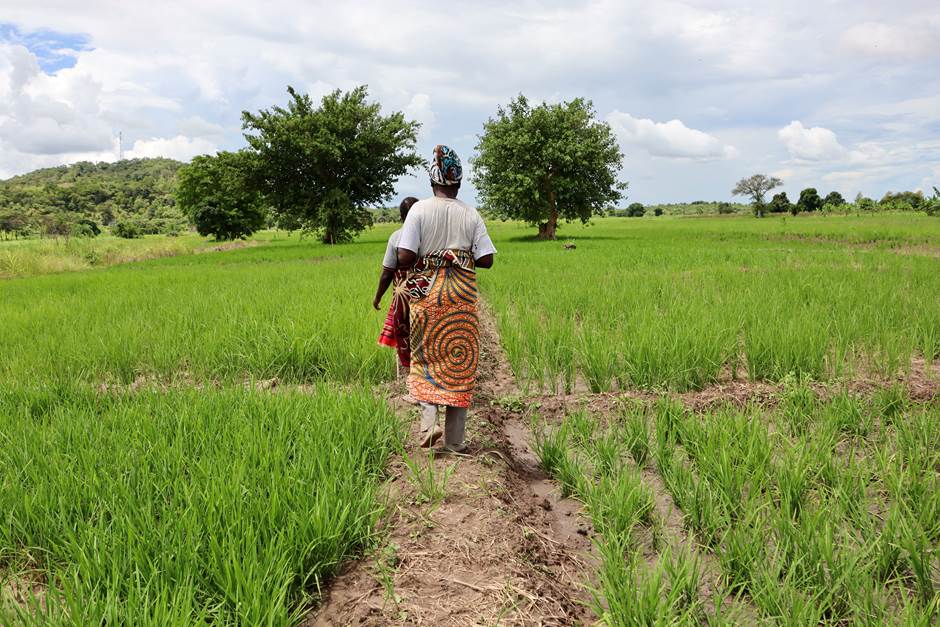Three NGOs have been granted support from Norway to work with small-holder farmers, agricultural small and medium-sized enterprises (SMEs) and women’s groups in Tanzania. This comes in addition to Norwegian support to food security through institutions, research and the private sector in Tanzania.
- SNV, in collaboration with Farm Africa, will be supported with approx. USD 19 million over five years for their cooperation with agricultural SMEs in Tanzania. The aim is to increase production of durum, sunflower and beans, among other crops, and to ensure that the farmers are left with increased food security and more money in their pockets.
- The Royal Norwegian Society for Development, in collaboration with NORCAP, will receive approx. USD 19 million over five years to continue their work for increased food production, income and resilience to climate change for small-scale food producers in Tanzania and Mozambique.
- Stichting IDH(Sustainable Trade Initiative) has been granted USD 24 million to work with the private sector in Tanzania and Ethiopia to increase smallholder production of maize, rice, beans, oil and root crops. They will also create more jobs by investing in local food processing.
High quality rice seed to Tanzanian small-scale farmers - rice to over half a million people
The Royal Norwegian Society for Development, in collaboration with NORCAP, will scale up their on-going work in Tanzania. Over 5,000 small-scale rice farmers will gain access to high-quality, climate-adapted seeds, and will produce enough rice to meet the annual consumption of half a million people in Tanzania. Rice is an important staple food in Tanzania and a key source of income for smallholder farmers.
The Royal Norwegian Society for Development is working with two farmer-owned companies, with the aim of ensuring that the farmers are left with greater profits by also taking part in the processing of the raw material.
Women smallholder farmers most important to reach
According to the UN, gender inequality in agriculture has a considerable impact on global food security and nutrition: Women food producers face more obstacles and are more harshly affected than men by the global food crisis. Eliminating gender gaps in food systems could reduce the number of food insecure people by 45 million and increase income. Gender equality and targeted measures for women food producers were therefore a key part of the funding from Norway.
‘Women work in all parts of the food supply, from production, processing and sales. And they but must be given better opportunities. Supporting women who work with food will provide both more food security and more economic development for everyone,’ says Norway’s Minister of International Development, Anne Beathe Kristiansen Tvinnereim.

Support to NGOs working in six African countries
The Norwegian Agency for Development Cooperation, Norad, has awarded support for five years to five different organisations working in Niger, Malawi, Uganda, Tanzania, Ethiopia and Mozambique.
‘With this financial support to civil society, Norway wants to reach small-scale farmers. We want to increase production and make them more resilient to climate change, economic difficulties, and conflict. We are supporting improvements of local value chains to get food from the fields and into to the cities. In this way, we support African countries' own efforts for increased food security,’ says Tvinnereim.
Improving food security is a key priority for the Norwegian government's development policy: Norway supports increased local food production and self-sufficiency in African countries. Increasing the yields of small-scale farmers and making food production more adapted to climate change, is key.
